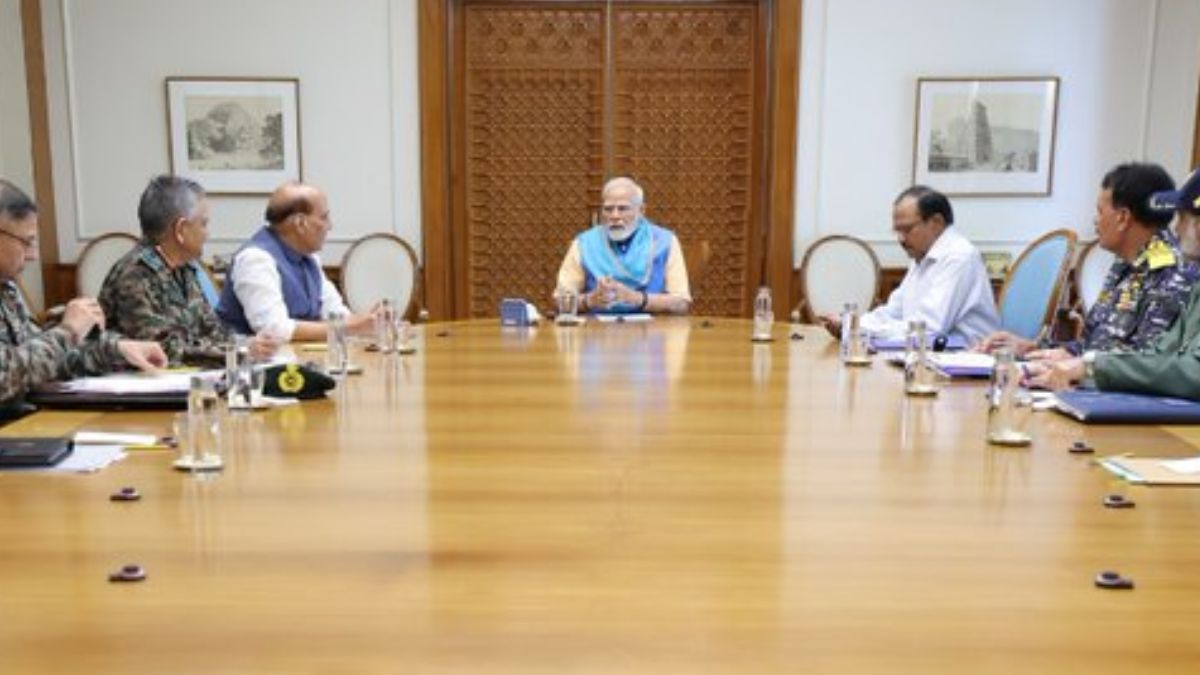India's Bold Stance: Future Terror Acts Considered Acts of War
India has taken a firm stance on terrorism, declaring that any future act of terror will be deemed an act of war. This decisive message comes in the wake of the Pulwama terror attack, emphasizing India's zero-tolerance policy and commitment to responding vigorously to threats.

In a significant development, Indian government sources have articulated a clear warning: any future act of terrorism will be treated as an act of war against the nation. This announcement underscores India's long-standing zero-tolerance policy towards terrorism, particularly in light of the recent Pulwama attack that claimed numerous lives. The government’s message aims to deter further provocations, especially from neighboring Pakistan, which has been linked to various terrorist activities targeting India.
Context and Implications
The declaration from India is a direct message to Islamabad, reflecting ongoing tensions between the two nations. Experts suggest that this stance serves as a strong reminder of India’s commitment to national security and its readiness to take decisive action against any threats. The Indian government has consistently maintained that it will respond aptly to any escalatory moves from Pakistan, which has been accused of harboring terror groups.
Recent communications between U.S. officials and both Indian and Pakistani leadership indicate a global effort to de-escalate tensions in the region. U.S. Secretary of State Marco Rubio has engaged with key players in both countries, prioritizing dialogue with India's external affairs minister and Pakistan’s military leadership. This diplomatic approach signifies a concerted attempt by international powers, including Saudi Arabia and the United States, to manage the volatility in South Asia.
Counterterrorism Measures
India’s response to previous terrorist attacks has included targeted strikes against terror infrastructure within Pakistan. Such operations demonstrate India's resolve to eliminate threats at their source. Despite these actions, Pakistan has continued to escalate tensions, evidenced by drone attacks and other provocations aimed at Indian cities. This ongoing conflict raises questions about the pathway to peace and stability in the region.
The current situation places the onus on Pakistan to decide whether it will continue its aggressive posturing or seek a path toward de-escalation. With international mediation efforts underway, the future of India-Pakistan relations remains uncertain, hinging on the actions and reactions of both countries in the face of increasing tensions.
Conclusion
As India reinforces its stance on terrorism, the message sent to Pakistan is clear: any future acts of terrorism will not go unanswered. The international community is closely watching the developments, advocating for dialogue and restraint. The challenge remains for both nations to navigate this complex landscape and work towards lasting peace, while ensuring that the threat of terrorism is effectively addressed.
Stay updated with our blog for the latest insights and developments on this critical issue.
What's Your Reaction?















